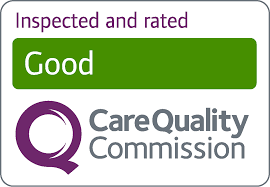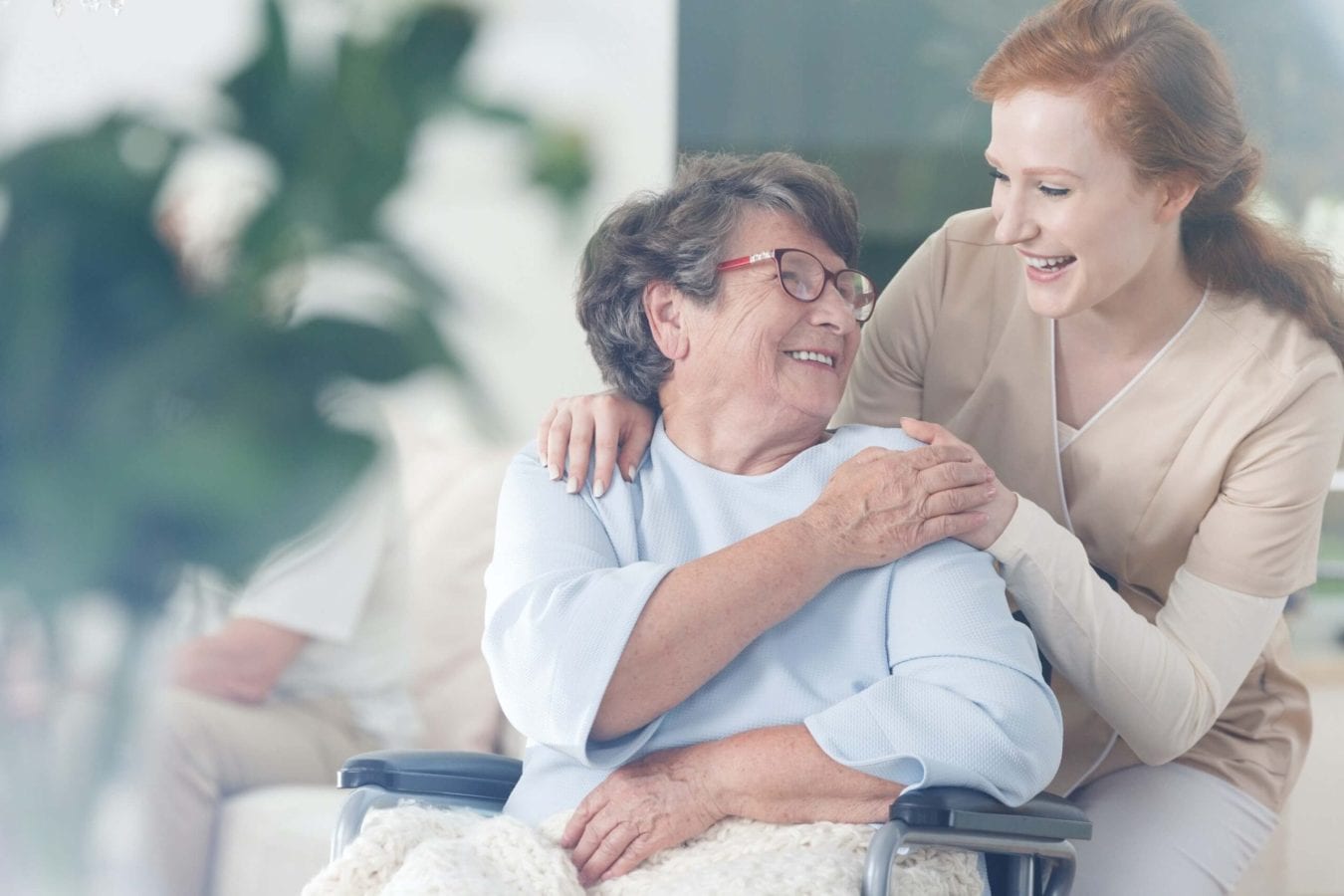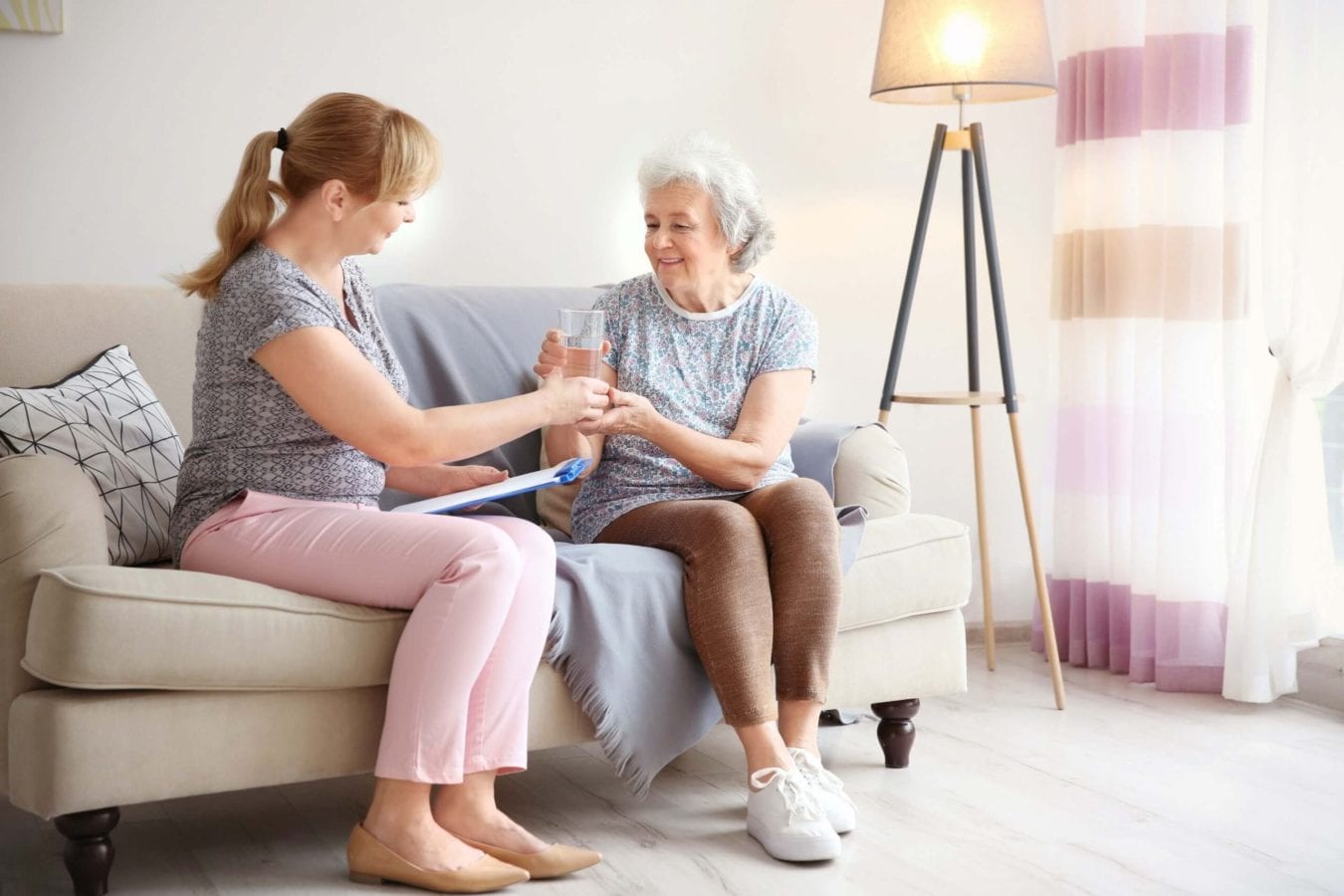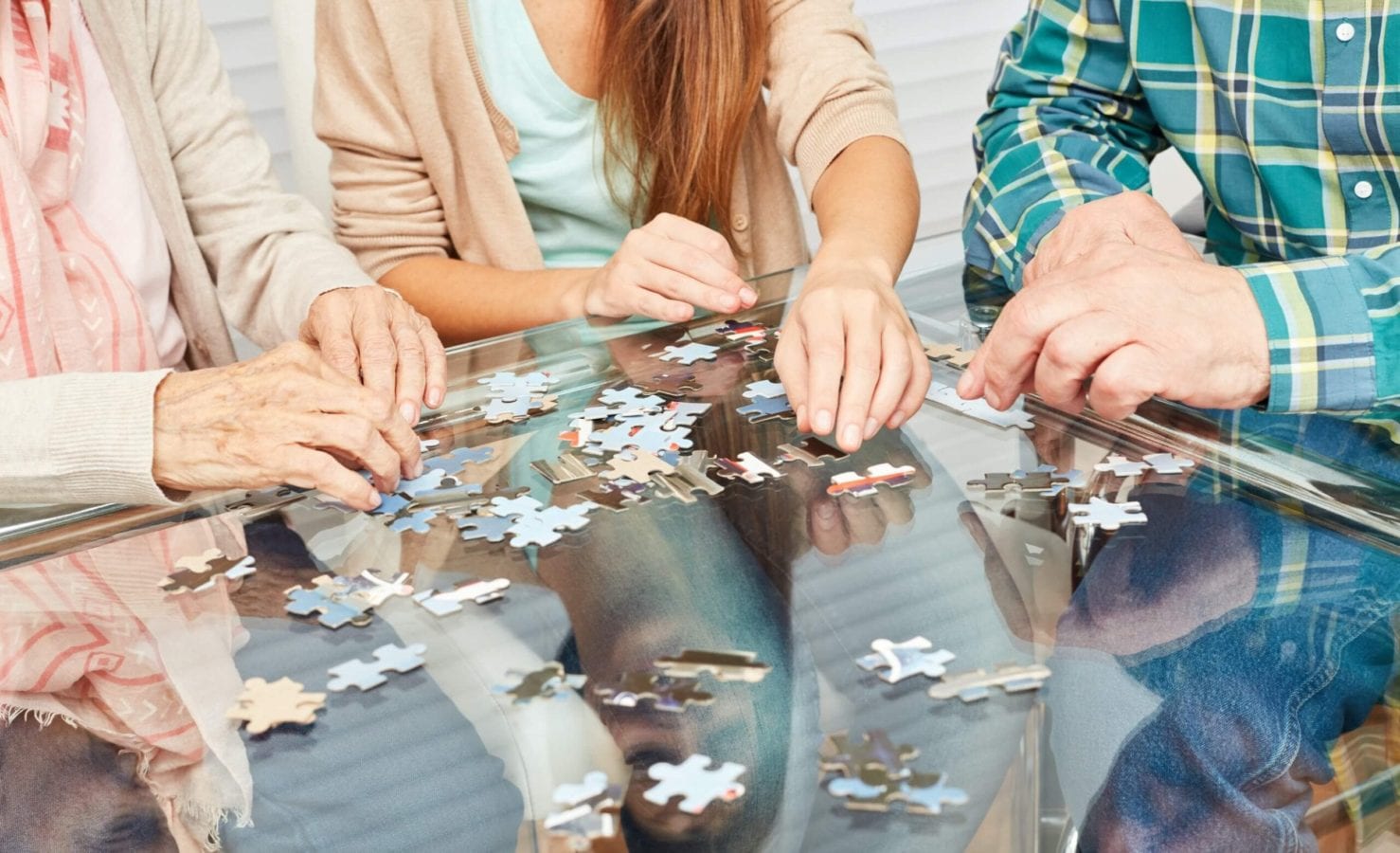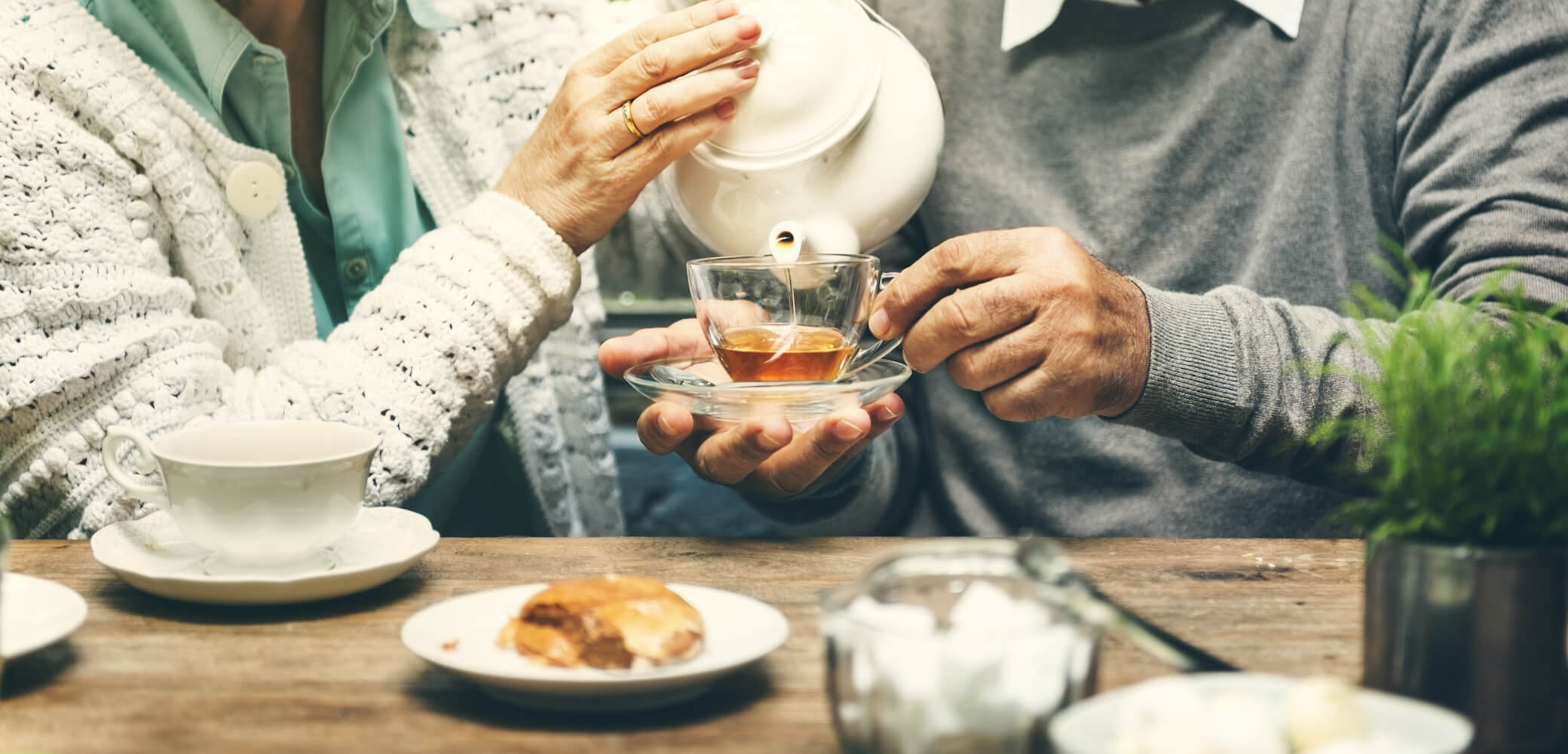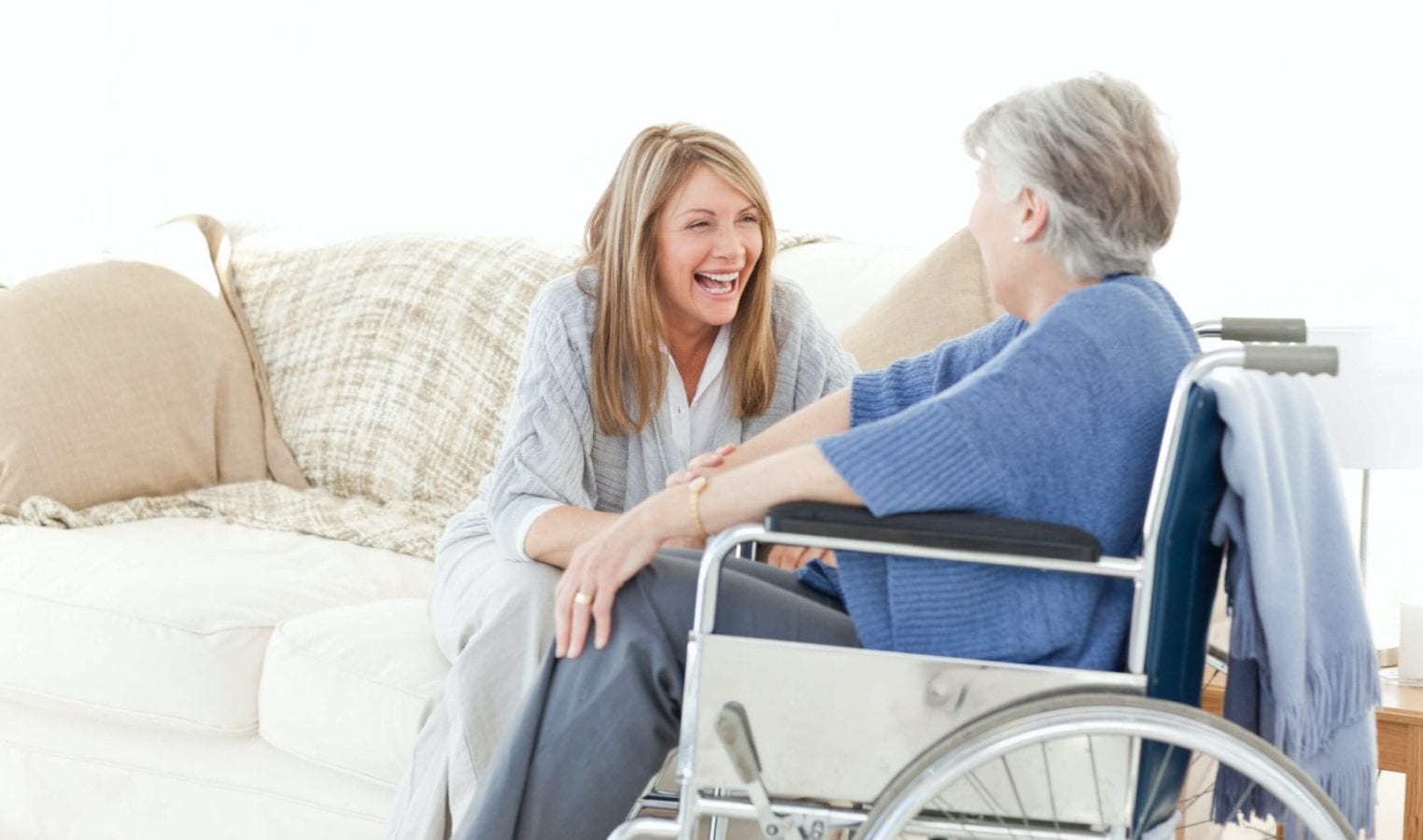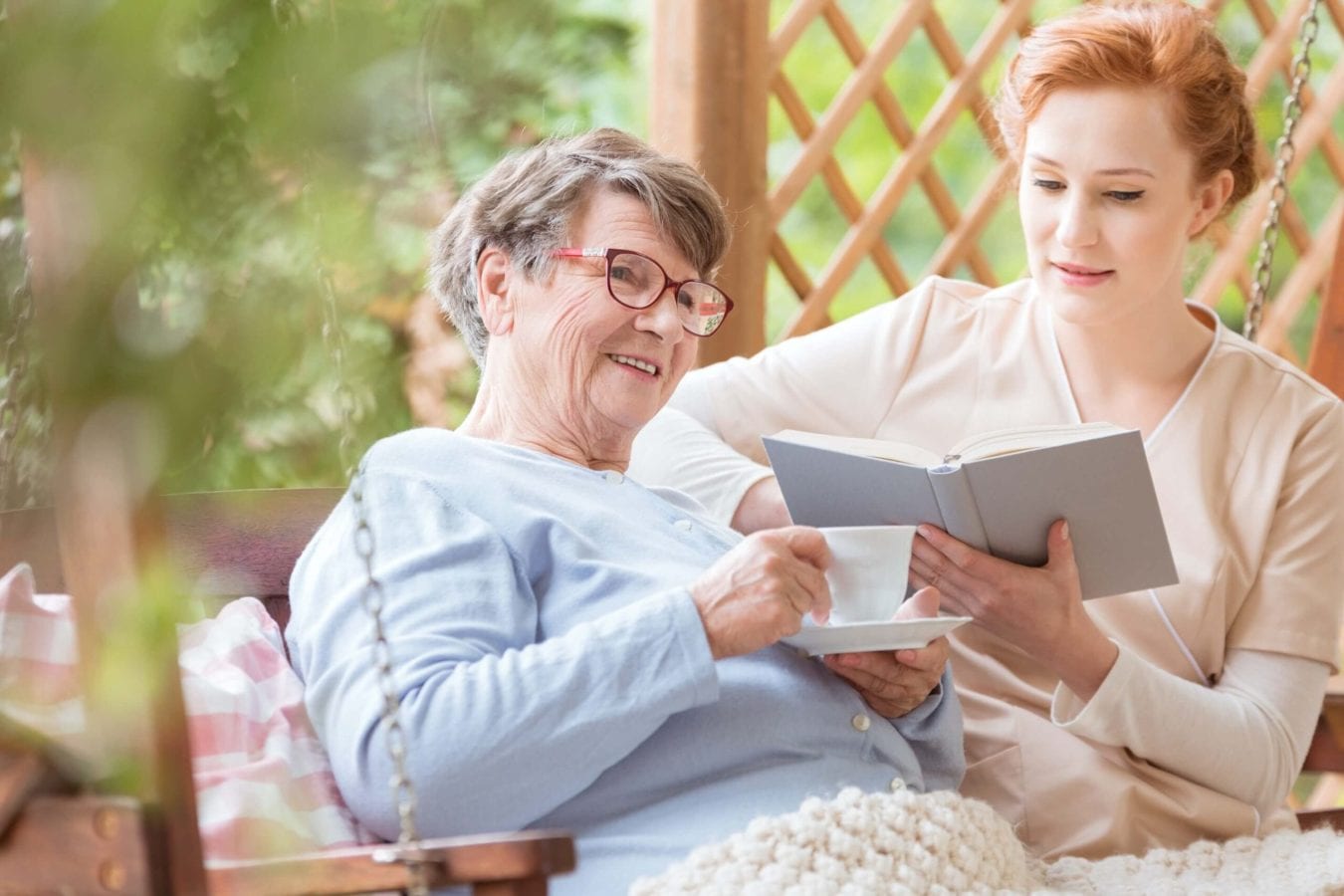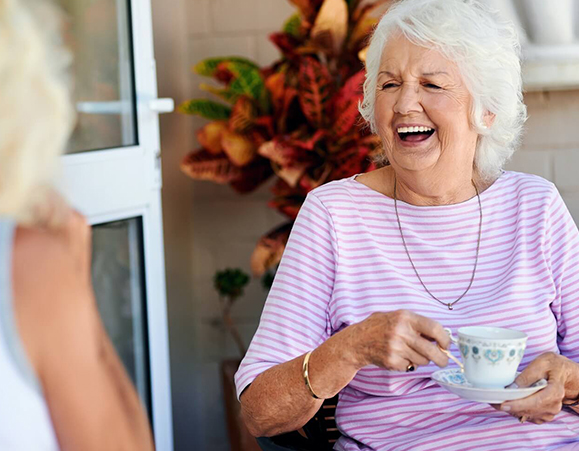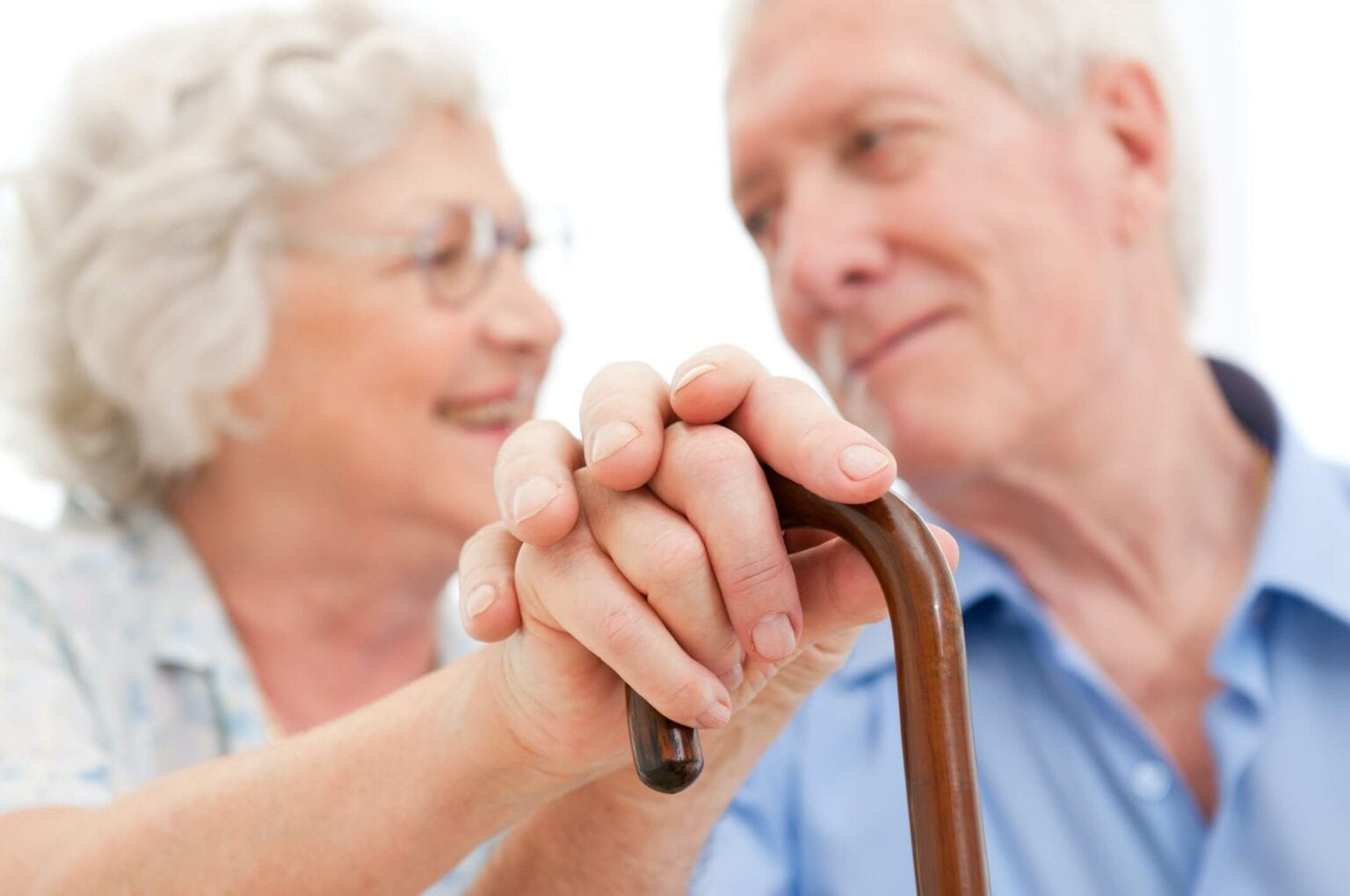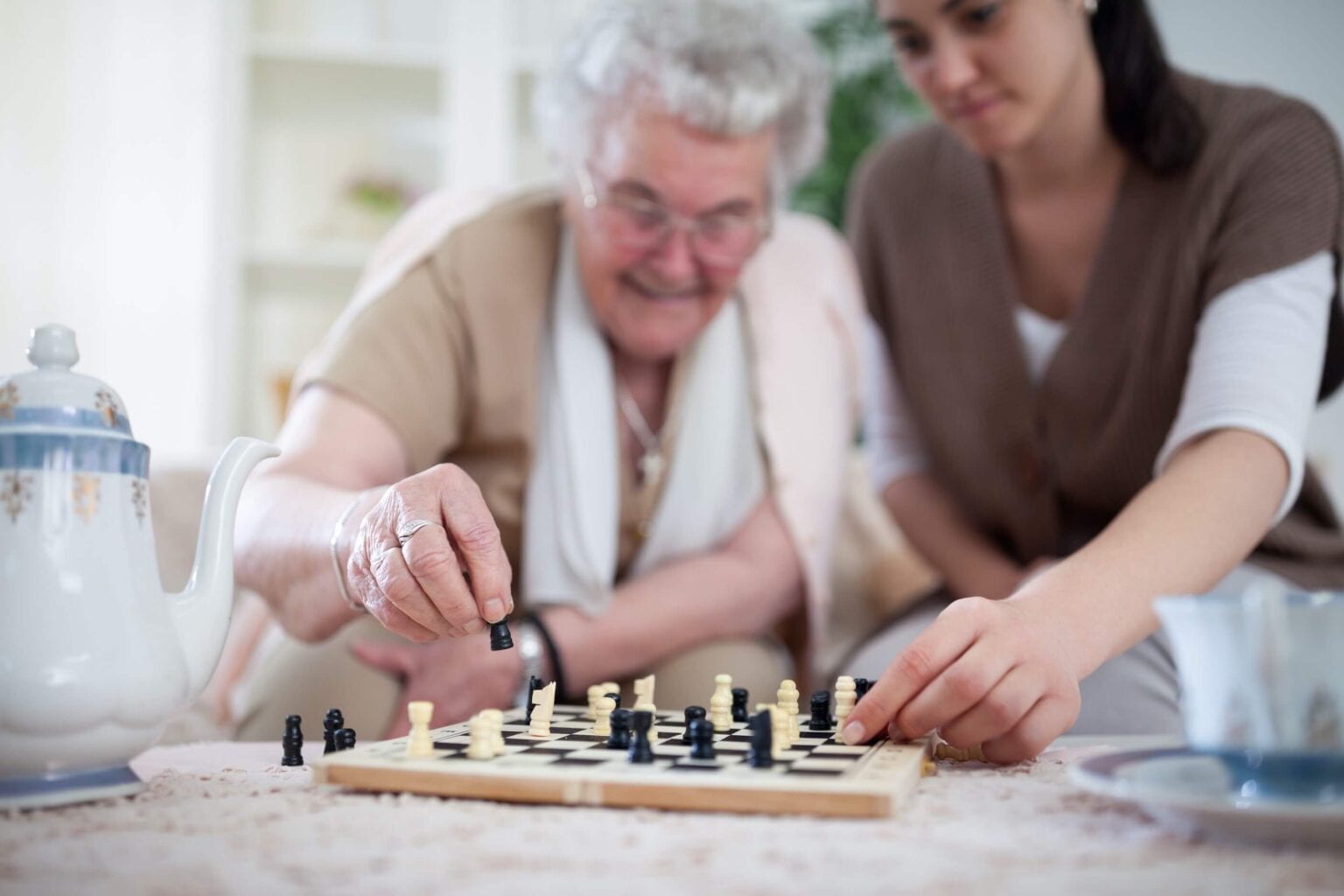Acquired brain injury care
An acquired brain injury is any sudden injury to the brain after birth – it can happen at any age and is usually the result of trauma to the brain such as a blow, jolt, stroke, infection, haemorrhage or tumour. It can be caused by any number of reasons such as a fall, car accident, sports injury or illness.
Depending on where the brain injury occurs and where the brain experiences damage, will determine what effect this has on the person and what skills are impacted. They may experience a change in personality, difficulty with motor skills or problems communicating.
Symptoms of a brain injury can include loss of consciousness, dizziness, balance problems, difficulty concentrating, memory issues, headaches, mood changes, sensitivity to light and sound, confusion, agitation, slurred speech and difficulty finding the right words, issues with coordination, seizures, nausea and vomiting.
One of the most difficult aspects of caring for a family member with a brain injury however can be the effects on personality. Somebody with a brain injury may have inappropriate emotional responses, become more impulsive or reckless, have a change in personality or experience depression and anxiety.
Care after a brain injury
The care and support needed following a brain injury will vary depending on the individual and severity of the brain injury, but it can have many cognitive effects such as impacts on memory, understanding experience issues processing information, repeat themselves, issues reasoning and difficulty reading emotions and providing empathy for others.
Common behavioural changes related to brain injury can result in lack of inhibition, impulsiveness, irritability and aggression, apathy, egocentricity and obsessive behaviour. These can all be difficult for both the individual and their family or friends to come to terms with.
However, medical evidence has shown that people with brain injuries can regain or learn new skills and that reablement can help support someone to live a fulfilling life and help with some of the effects of the brain injury.
A brain injury carer can help provide this support, help with getting to appointments and assisting someone around the home with tasks such as cleaning, cooking, personal care and mobility. Brain injury home care can allow someone to return to their home and a familiar environment which can be beneficial for their recovery.
Get In TouchTypes of care

Live-in care
From general housekeeping, meal preparation and companionship through to personal care and more complex needs, Novus Care can help.
Learn more about Live-in care

Visiting care
From general housekeeping, meal preparation and companionship through to personal care and more complex needs, Novus Care can help.
Learn more about Live-in care

Dementia care
From general housekeeping, meal preparation and companionship through to personal care and more complex needs, Novus Care can help.
Learn more about Live-in care

